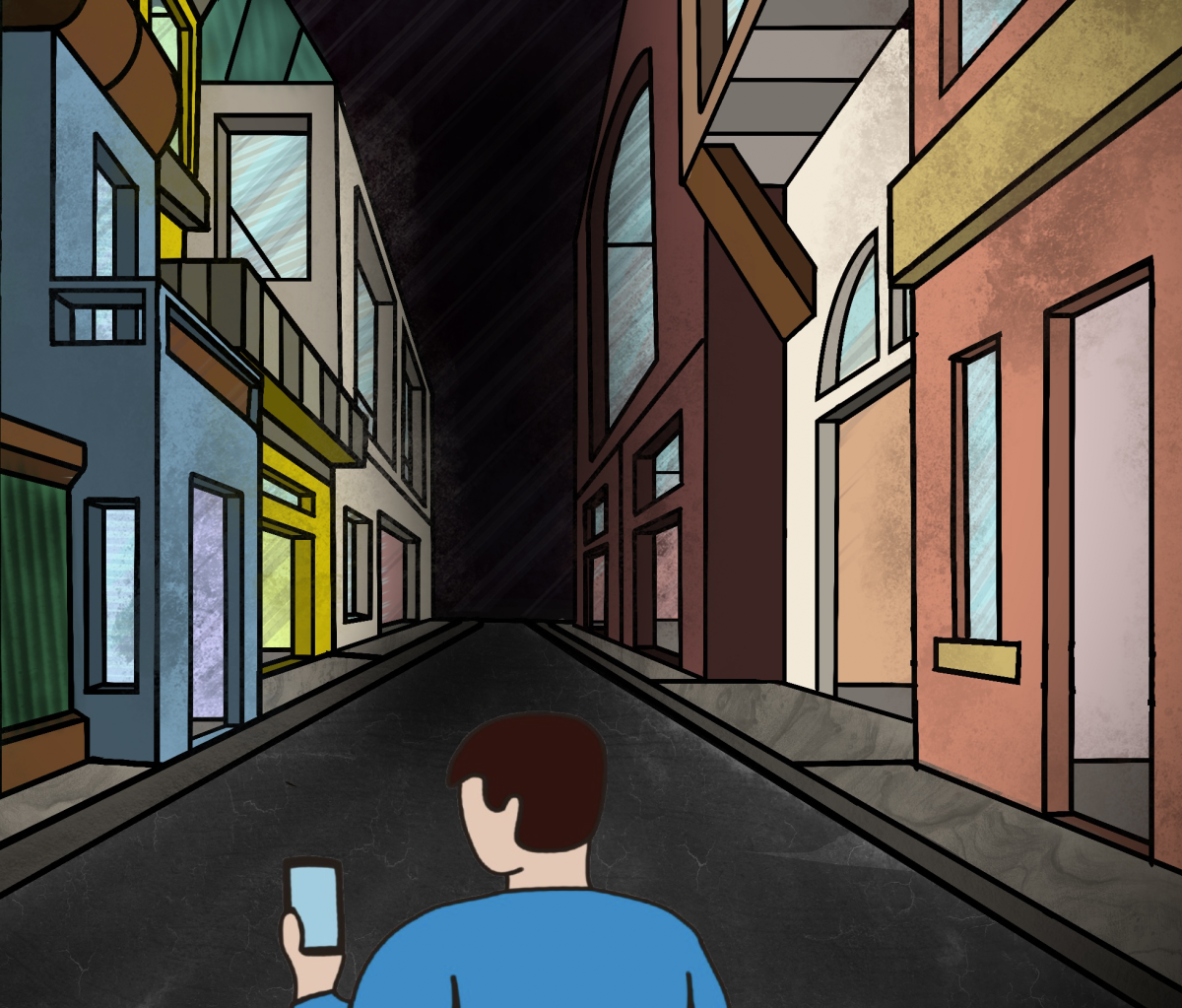The majority of games that are released today, or those that are already on the market, are shooter games. Video games have been around for a while, with the first game being “Pong,” a 2D game released in 1972 to play competitively with your friends. The player moves a rectangle at the edge of their screen to hit a ball to another player’s side to score a point if it is not deflected. Video games have come a long way since then, with 3D games and intense realistic graphics.
Shooter gaming is one of the most popular video game genres today, dominating the video game market with 20% of game sales in 2018. One of the first popular shooter games was “DOOM,” released in 1993. It increased the popularity of iconic shooter games such as “Call of Duty,” “Halo,” the “Far Cry” series and “Grand Theft Auto.” The video game industry has seen a spike in popularity during the past decade for several games, such as “Uncharted,” “Assassin’s Creed,” “Pokemon,” “Super Mario”, “Sonic: The Hedgehog,” “Gran Turismo” and of course, “Five Nights at Freddy’s,” due to their faithful adaptations of these console games.
Even though shooter games are loved by many people, they have still caused controversy. A question that many have been wondering for a while is, “Do video games cause violence?” According to The National Library of Medicine, committing violent acts or crimes does not have a link to playing violent video games. Video games have had a bad reputation since a game called “Death Race” entered the scene. The concern increased in 1990 because of more realistic computer graphics allowing games to be more detailed. One game that piqued interest was “Mortal Kombat” with its many gruesome effects like blood and the ability to rip an opponent’s heart through his chest. The controversy arose even more due to the release of “DOOM.” Popular public opinion blamed video games for bringing violence out in teens. After many studies, The Royal Society concluded that video games are not a significant factor in physical aggression.
Despite popular opinion, there is evidence that video games are beneficial to people of all ages. According to the American Psychological Association, video games where controllers are essential can improve dexterity, which allows you to perform more precise tasks with your hands. Video games can also teach problem solving skills. Open world, mission based and multi level games allow players to strategize and solve problems making them better problem solvers. Additionally video games can improve your mental health and relieve stress. The National Library of Medicine found that depressed moods have been found to be significantly lower in people that play video games.
So when one hops on a shooter game, they should remember that there is more to it than weapons and gore.





















